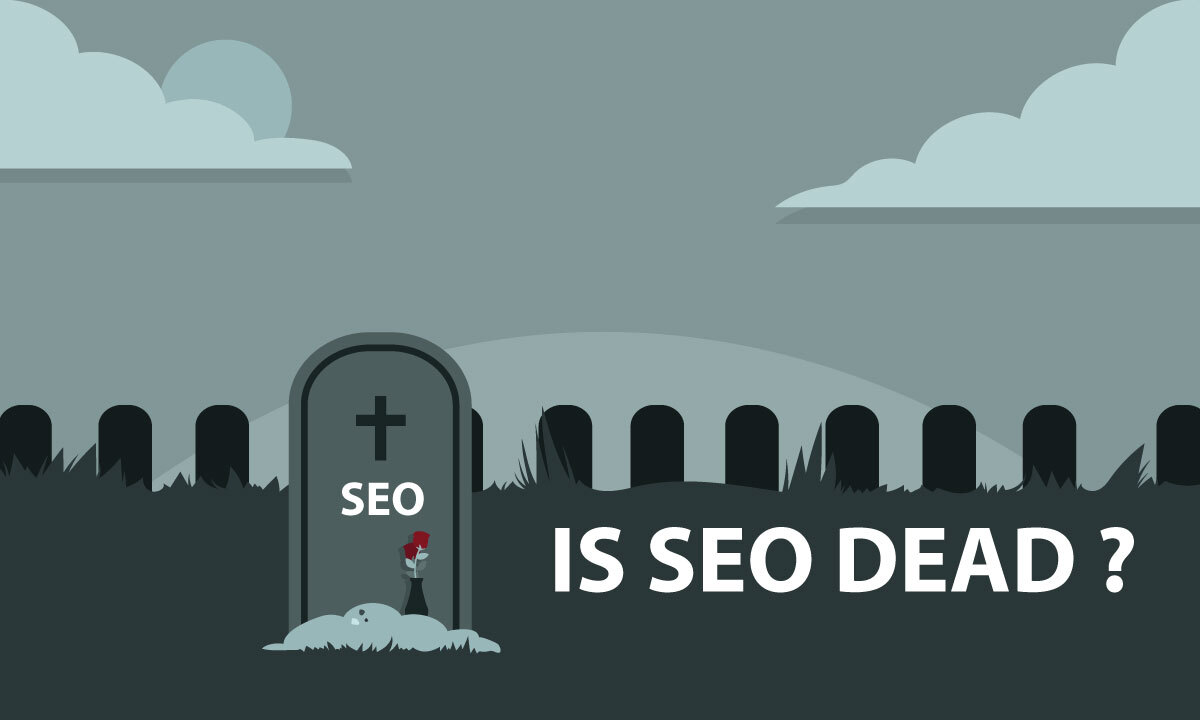
Is SEO Dead in 2024?
No, SEO is far from dead. Despite the rapid advancements in search engine technology, SEO remains a crucial component of digital marketing strategies. Let's explore why SEO is still relevant and what changes have occurred in the SEO landscape:
SEO's Continued Importance
Online Visibility: SEO helps websites gain visibility in search engine results pages (SERPs), driving organic traffic and attracting potential customers.
Higher Rankings: Effective SEO strategies lead to higher rankings on search engine results, increasing the likelihood of users discovering and engaging with your content.
User Experience: SEO is now focused on improving the overall user experience, from the initial search query to the final interaction with the website.
Outdated SEO Practices
Keyword Stuffing: Overloading web pages with keywords is no longer effective and can harm rankings. Instead, focus on creating valuable content that aligns with user intent.
Writing for Search Engines: Prioritizing search engine algorithms over user experience can result in low-quality content. Content should be created with the user in mind first and foremost.
Black-Hat SEO: Unethical tactics like keyword stuffing, cloaking and link farming violate search engine guidelines and can lead to penalties.
Keyword Cannibalization: Targeting the same keyword on multiple pages can confuse search engines and hinder rankings. Consolidate related content into comprehensive pages.
Over-Optimized Anchor Texts: Exact match anchor texts have lost their effectiveness. Diversify anchor texts to create a more natural backlink profile.
Low-Quality and Unoriginal Content: Quality content that provides value to users is prioritized by search engines. Focus on creating original, engaging content that stands out.
Strategies Based on SEO Correlations: Blindly following competitors' tactics without considering your unique audience and industry context may not yield optimal results.
Keyword-Based Topic Clusters: Keyword-based clustering can result in fragmented content. Instead, focus on creating comprehensive topic clusters that address user needs.
Latest Changes in SEO
Personalization: Search engines provide customized results based on user interests and past search history, emphasizing the importance of understanding your audience.
UX-Driven SEO: User experience is now a key factor in SEO rankings. Websites with SEO-friendly designs and smooth navigation are favored by search engines.
Search Intent: Understanding user search intent is crucial for ranking well in search results. Content should align with the purpose behind user queries.
Content Quality and Expertise: High-quality, expert-driven content is prioritized by search engines. Content should be accurate, informative and relevant to users' needs.
AI and Machine Learning: AI and machine learning technologies are reshaping content creation and SEO strategies. Balancing AI efficiency with human understanding is essential for providing valuable content.
Featured Snippets Optimization: Featured snippets are becoming more important in search results. Structuring content to capture featured snippet positions can enhance visibility and credibility.
Experience-Based SEO Strategy
Focus on User Experience: SEO strategies should prioritize creating a seamless and informative user journey.
Authentic Content: Users value authentic content and real-life experiences. Incorporate user reviews, case studies and testimonials to provide valuable insights.
Holistic Approach: Effective SEO requires a holistic approach that considers user needs, search intent and content quality.
In conclusion, while SEO has evolved, it remains a vital tool for digital marketers. By adapting to changes in search engine algorithms and focusing on user experience and quality content, businesses can continue to benefit from SEO strategies in the future.


